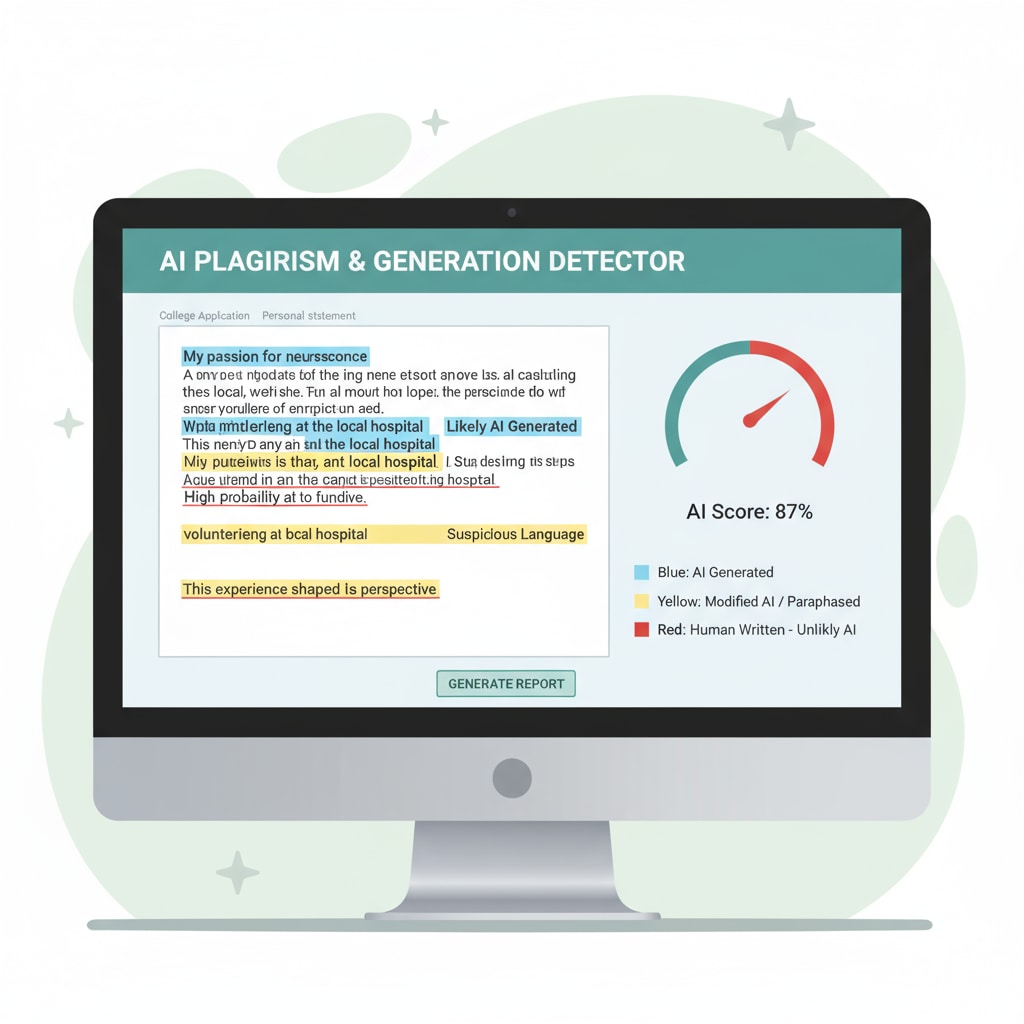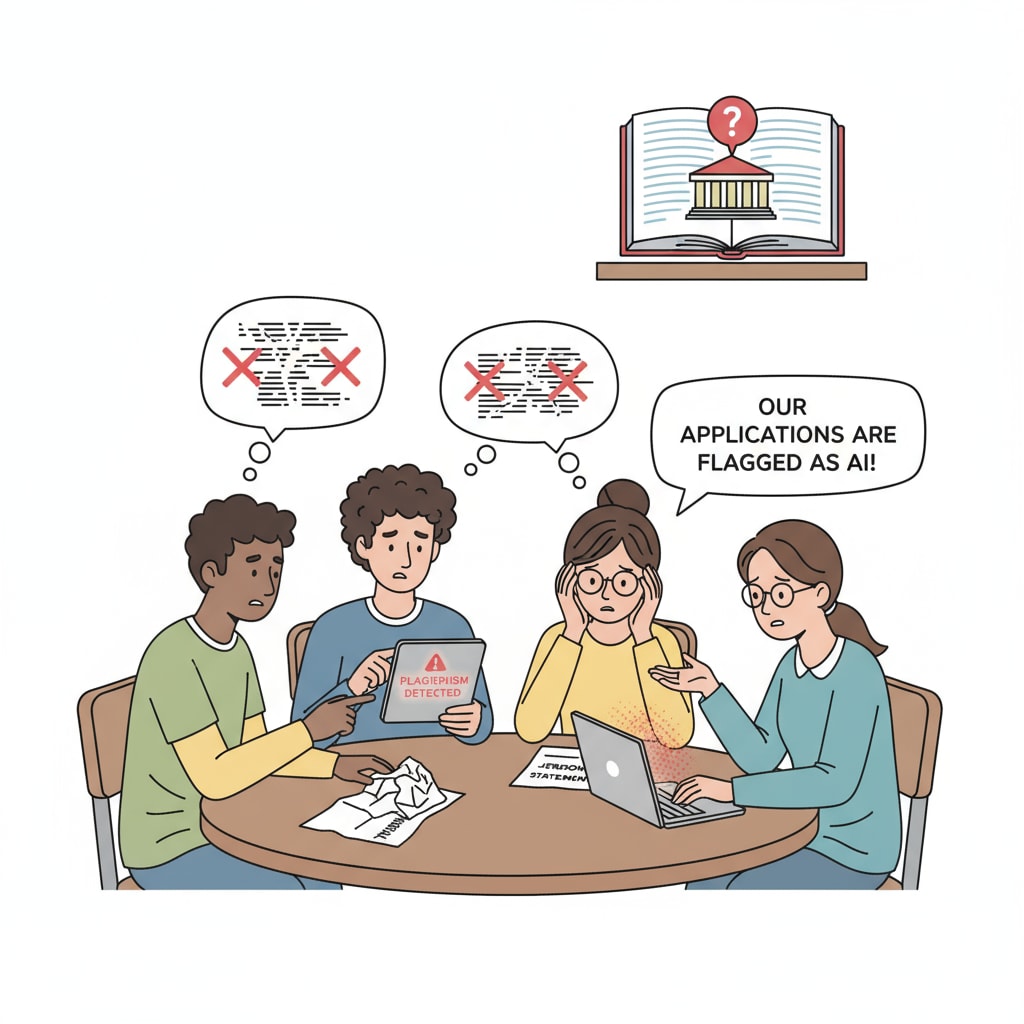The landscape of college applications has undergone a significant transformation with the advent of AI technology. Now, a new concern has emerged: personal statements, AI detection in college applications. Students are increasingly worried that their genuinely written personal statements might be mislabeled as AI-generated. This issue not only poses a threat to individual students’ college dreams but also raises broader questions about the fairness and accuracy of the admissions process.
The Rise of AI Detection in College Admissions
With the growth of AI writing tools, colleges and universities are on high alert to ensure the authenticity of applicants’ personal statements. AI detection software has become a popular tool in admissions offices. These tools claim to analyze various aspects of writing, such as language patterns, vocabulary use, and sentence structure, to determine if a piece of writing was crafted by a human or an AI. For example, some software looks for overly perfect grammar, inconsistent styles, or an unusual frequency of certain words that might be typical of AI-generated text. Artificial intelligence in education on Wikipedia highlights how these technologies are being integrated into educational evaluation processes.

Reasons for False Positives
Despite the promise of AI detection tools, they are far from perfect. One major reason for false positives is the lack of a comprehensive understanding of diverse writing styles. Every student has a unique way of expressing themselves, and some natural writing styles might resemble those of AI. For instance, students who have a strong command of language and write with a high level of sophistication might be flagged. Another factor is the limited training data of these detection tools. If the algorithms are not trained on a wide range of human-written texts, they are more likely to misclassify genuine statements. Additionally, changes in language use due to cultural backgrounds or regional dialects can also lead to false alarms. Artificial intelligence on Britannica provides insights into the limitations of current AI algorithms.

The potential impacts of false positives are significant. For students, it can mean having their college applications unjustly rejected or at least delayed. All the hard work they put into crafting a sincere and unique personal statement goes to waste. It can also cause emotional distress and a loss of confidence. From the colleges’ perspective, they risk missing out on talented students who could have been valuable additions to their campus communities. This situation undermines the integrity of the admissions process and can lead to public scrutiny and criticism.
Readability guidance: By presenting the reasons and impacts in short paragraphs and simple terms, we aim to enhance readability. The use of examples helps to clarify complex concepts, and the external links provide reliable sources of further information.


